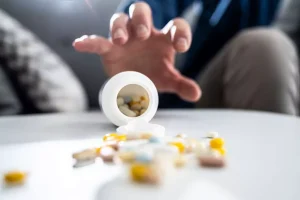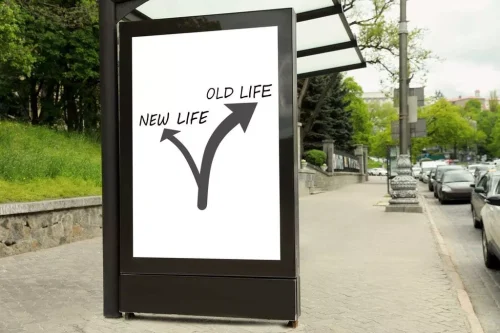Your cart is currently empty!
8 tips to help you overcome the fear of being sober

They can help motivate a person to remain sober to reach the next milestone. Triggers for using drugs and alcohol typically are people, places, and things that remind you of your addictive behavior or encourage the use of substances you’re avoiding. There are common setbacks to getting and staying sober like withdrawal, craving, and pressure to use.
Your Path to Long-Term Sobriety Starts Now
Research shows that with the right strategies, you can maintain your sobriety for years to come. If you would like more information fear of being sober about addiction treatment options available in your area, contact American Addiction Center’s helpful admissions navigators at for a free, private consultation today. You can also quickly and easily check your insurance coverage for free by filling out the form below. More people seek treatment for alcohol than any other substance.
- If you are trying to maintain a sober lifestyle, those feelings can become toxic and contribute to relapse if you don’t deal with them properly.
- These combined helped me overcome my fear of relapse because I knew I was doing everything to stay sober.
- Through this process, it is easier to create paths forward that resonate with who we are and what we believe.
- I thought I had to avoid everything drinking or drug related, or else I would be toast.
Fear of Relapse — Coping With the Biggest Fear in Recovery
And if you’re sharing with more than one person, conversations will likely vary in length, formality, content, and level of intimacy. You may even ask a trusted friend, partner, or recovery ally to facilitate or join you for the chat. Beyond relief, you may also feel some mental clarity, emotional peace, and even a sense of pride for outwardly embracing your recovery, Stone adds.
Why Am I Scared of Being Sober?
- There are so many benefits from staying sober, but so many people who face addiction are unable to do it.
- But as the Big Book of Alcoholics Anonymous says, “Do not be discouraged.
- A mental health professional can help you cope with some of the challenges you’ll face on your path to sobriety.
- Self-care is any activity you do deliberately to take care of your physical, mental, and emotional health.
Instead, I started getting high and I thought that it was the answer to all of my problems. We sat in the middle of woods smoking out of a disgusting bong that one of the kids had made out of a water bottle. Even though I was probably only 13 years old, I felt like I was fully ready for this experience. It seemed like getting high was the single most amazing thing that had ever happened to me.

- If you can find the motivating factors, you don’t need to lose everything before you recover from addiction to alcohol or drugs.
- It can be a hard scenario to put yourself into, and it can even be difficult to wrap your brain around, but this is how someone with an active addiction feels.
- Rediscovering your personality in sobriety can be scary—but it can equally be a beautiful and exciting thing.
Think about going to counseling or family therapy to help with that and to deal with other personal issues. Sobriety can be a fixed-term goal like staying sober for a set period (such as Dry January), or a lifelong goal of staying sober from all substances. This article will describe sobriety in more detail, the challenges a person faces while working to stay sober, the options for treatment, and tips for building a sober lifestyle.

Tips for a Successful First 90 Days of Addiction Recovery
Your recovery has the potential to help you be a better friend, partner, sister or brother, professional, volunteer, and more. As long as you allow yourself to take the necessary steps forward, you can take this growing opportunity and newly found free-time to improve your life in all areas. You may find that to grow, you have to take inventory and release unhealthy habits from your past. That is expected, and a sponsor or close friend in your program is a great source of support for you in doing so.
Debunking Addiction

A strong support network can provide encouragement and reduce feelings of isolation. It is common to experience cravings within the first few months after you quit drinking alcohol or using drugs. You must understand this and have a plan for the times when a craving occurs. If you are still actively struggling with your addiction, it may be best to think of short-term goals—things that you feel you can accomplish within a few months’ time. Set goals that are specific behavioral goals, things that other people could observe you doing, not vague goals like “feel better” or “be happy.” Early in recovery, your goals should be mostly related to your addiction.

Hobbies and exercise are healthy ways to reduce your stress level. Exercise helps by releasing endorphins that reduces stress. Finally, mindfulness practice has been demonstrated to assist in maintaining long-term recovery.